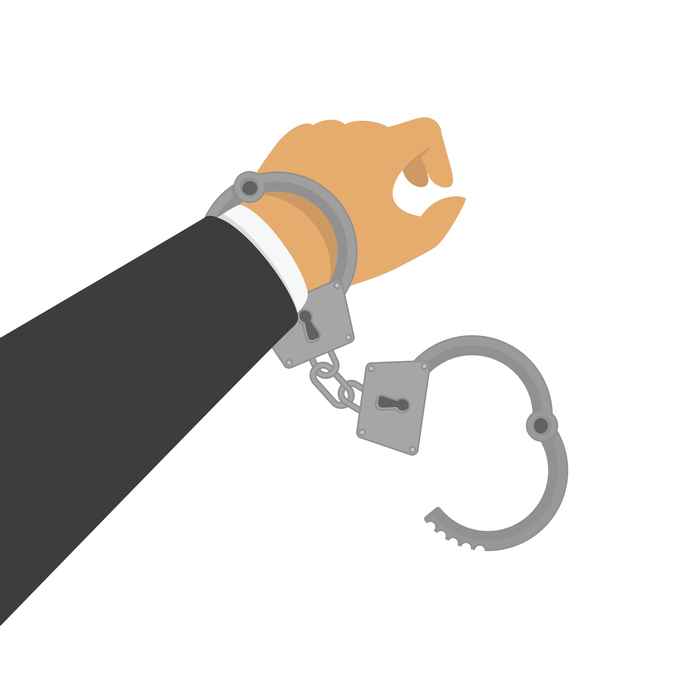Why the prison capacity problems are an opportunity
Amsterdam Law School
20 March 2025

Is it reasonable to release prisoners 2 weeks early because of capacity problems?
'I’m not against sending people who have not committed serious crimes home earlier. However, these are not long-term solutions. We need to think about punishment differently. The public debate often revolves solely around retribution, and only a small group tries to draw attention to rehabilitation. If retribution is the sole purpose of criminal law, then releasing prisoners sooner is unacceptable. This sentiment is echoed in the political debate when Emiel van Dijk of the PVV (Party for Freedom) says: "Put 8 of them in a cell and let them sleep standing up, but don't release them early".'
How can we think about punishment differently?
'Criminal law has multiple functions, and the rehabilitation of prisoners is often overlooked. But we can go further than that and look at why people end up in prison. We know that locking people up does not make it easy for them to return to society. Prison places someone outside of society. It exacerbates problems: they have less chance of finding a job and can lose contact with family and friends. That is why alternatives such as an electronic ankle tag or community service are available. But these alternatives still place someone on the margins of society. The rhetoric remains: people should be excluded from society as a punishment, and we think about how they can return to society from that perspective. You could also look at the causes. How do people end up in prison? If we don't think about that, we won't arrive at a just approach to crime and punishment.'
A prison sentence does not end when you walk out the door
How can you look at the cause of a prison sentence?
'We have to consider equal opportunities. What can you do in education and employment before someone commits a criminal offence? People who end up in prison often already lack a permanent job. A prison sentence only increases this disadvantage. We already punish too harshly. We should be integrating people into society instead of creating even more distance. The best approach is to prevent someone from ending up in the criminal justice system. If that does happen, it is essential to minimize the distance between them and society. The options for working and pursuing education in prison are limited now.'
Are you still actually punishing someone that way?
'I think we must look at the figures: what works? Harsh punishment means people are more likely to make the same mistake again. There is a lot of research on this worldwide. We should take that seriously. At the same time, punishments seen as mild aren't necessarily so. An electronic ankle tag also excludes someone from society. And a prison sentence does not end when you walk out the door. Afterwards, finding work again and strengthening ties with family and friends remains a challenge. In this way, a sentence continues after the prison sentence. Releasing someone 2 weeks early will not make much difference.'

Hadassa Noorda is an assistant professor at the Amsterdam Center for Criminal Justice (ACCJ). She teaches and conducts research in the field of the philosophy of law, with a focus on the philosophy of criminal law. Noorda has a background in both law and philosophy. In a recent publication, she argues that prisoners who work should be entitled to a minimum wage and meaningful work.